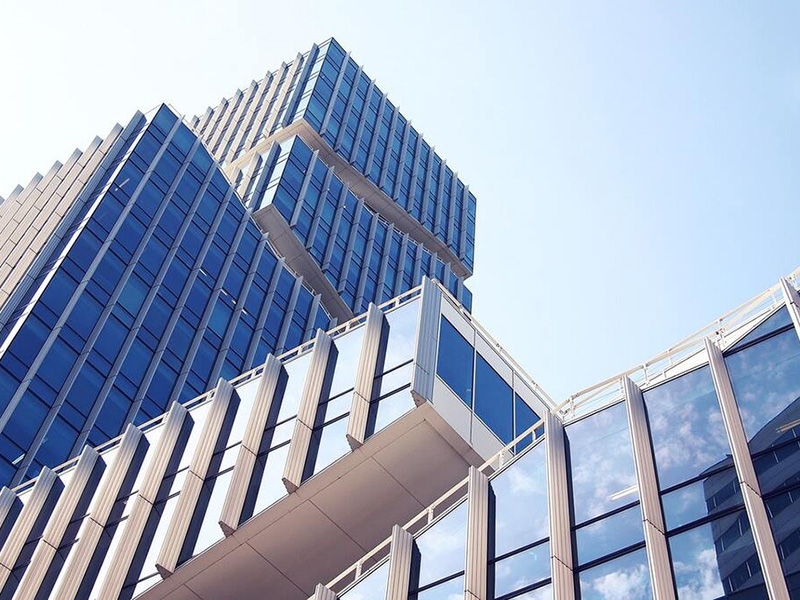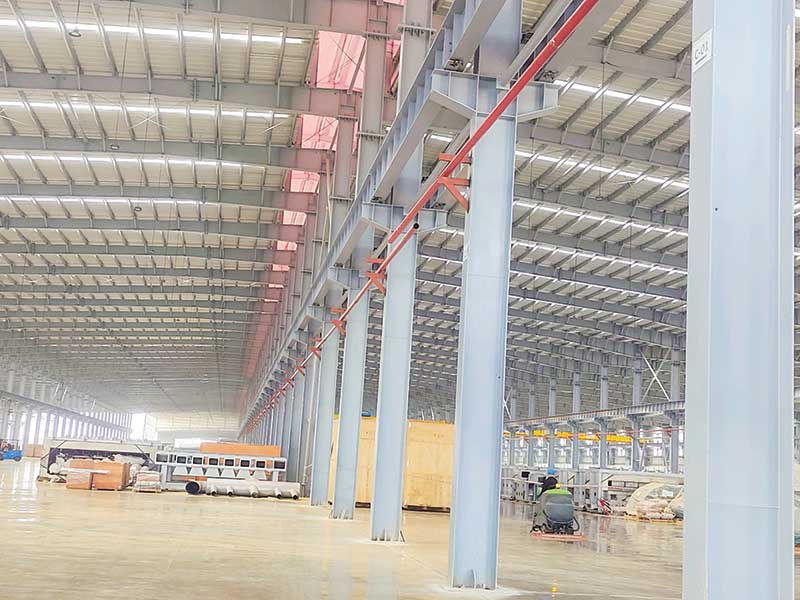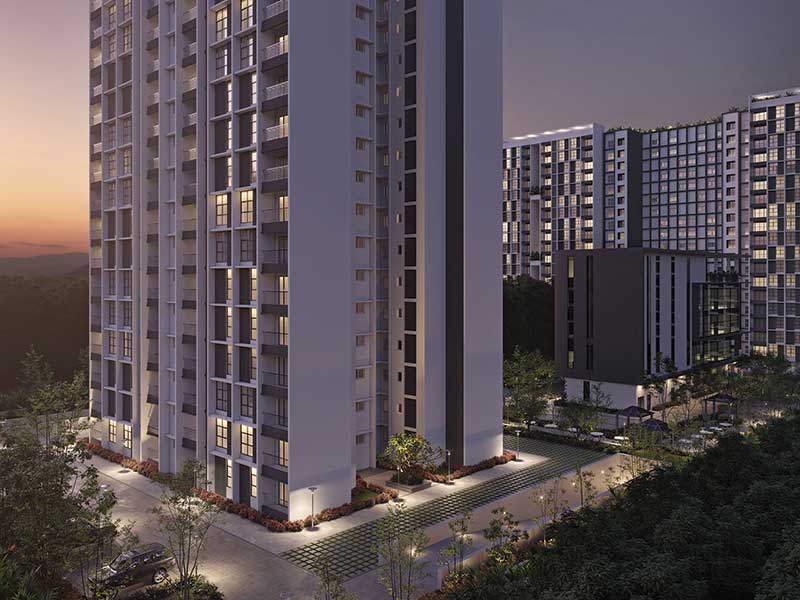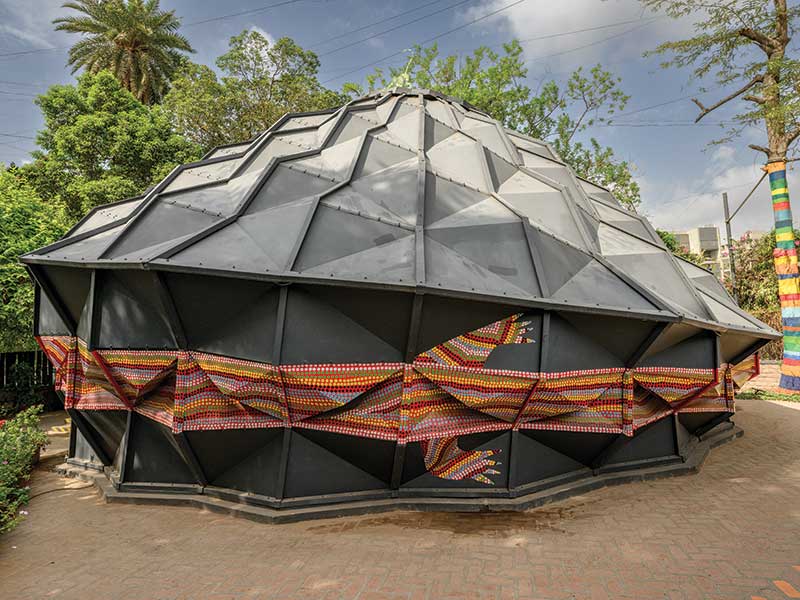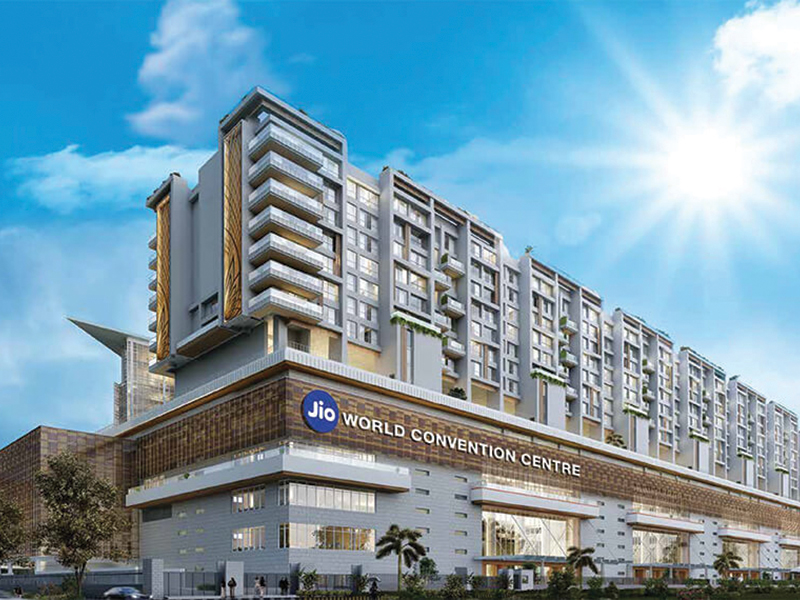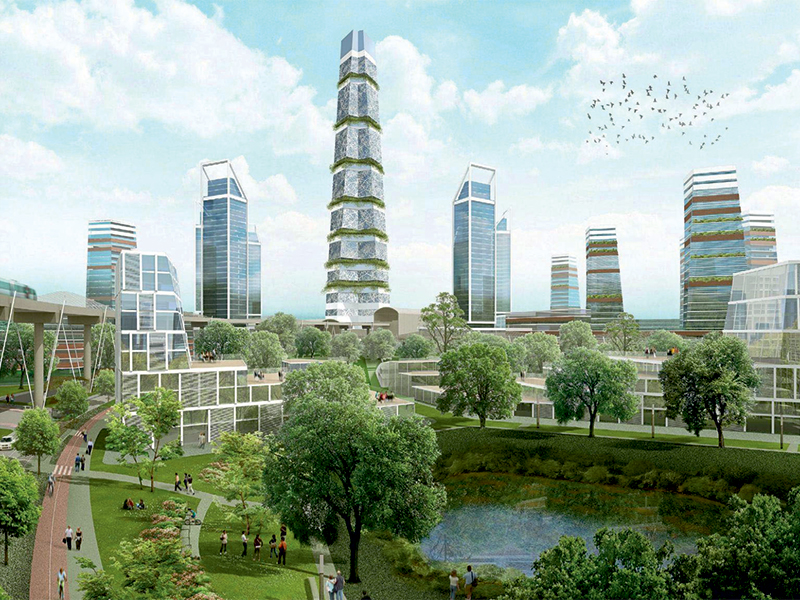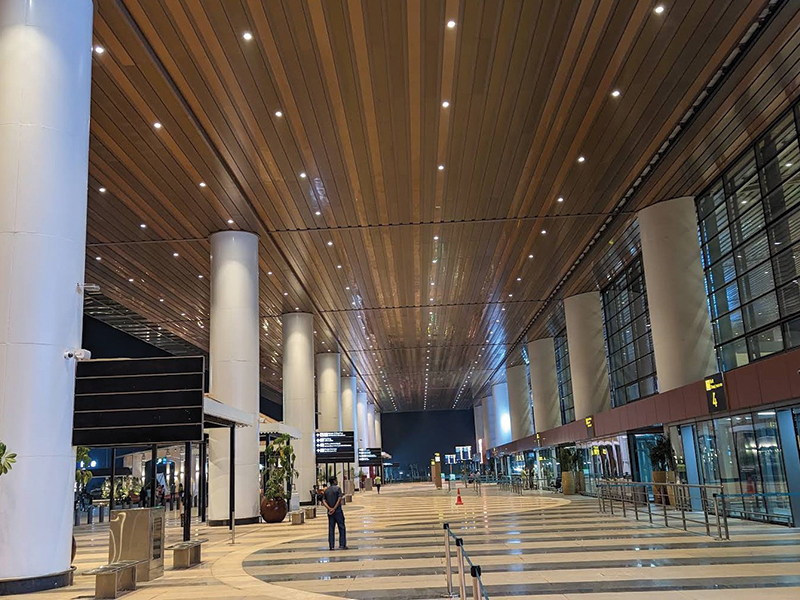
Prefabricated and modular construction is the production of components in factories that are then transported to the final location and assembled onsite. It is also instrumental in reducing electricity consumption in the factory in which the product is manufactured, as well as the final location where the fabricated components are shipped to and assembled. Overall wastage of resources and materials is also reduced. With companies progressively working towards achieving green building certificates by incorporating energy saving methods, prefabrication construction is an option.
Manufacturing modular products for construction at factories and then transporting them to urban residential or commercial sites is being preferred as it is pragmatic, and the cost is dramatically lesser. Quality control is ensured since production takes place in a controlled environment. The rate of production is faster and leads to 30-50 percent faster
completion of a project, enabling commercial ventures to commence business and earn their ROI sooner than with conventional construction.
Stalling of work due to unfavourable weather conditions and unproductivity of unskilled labour is also countered through prefabrication. In a way, it is more labour optimal as prefabrication uses skilled craftsmen. Potential injuries to labourers at site of installation are also avoided.
Prefabricated construction is gaining prominence and its use is becoming more widespread, the reasons for which can be attributed to its environmental, economic and geographical benefits
Satya Vyas
Technological advancements
Technology has contributed greatly to prefabricated construction. Digital modelling combined with software for 3D modelling has led to creative design and production with precision and accuracy. Use of CNC controlled robots in the production of most items has facilitated ease of application and materialization of ideas.
The emergence of Smart Cities is boosting Modular Construction. The environmental compliance associated with prefabricated buildings has enticed smart cities to incorporate its use. Collectively, prefabricated construction has various economic, environmental and social benefits, and is expected to grow at a CAGR of 6 to 7 percent until 2020. The prefabricated construction market valued at about $79 million in 2015, is expected to reach over $110 million by 2020.
Better and faster execution
As a vertically integrated B2B General Contractor start-up, technology enablement has helped Tornado to plan and execute projects faster and more economically than conventional players, helping us deliver over 5 lakh sq.ft. of space. Tornado has developed a technology engine that helps in predicting the coefficient variables of input costs, material and time, thus allowing us to provide detailed quotes faster than other contractors, track and manage projects efficiently, and communicate progress on job sites.
Tech enablement has increased productivity, timely project execution and transparency resulting in great customer experience. We have set up a central fulfilment center in Bangalore and plan to expand to other cities. Tornado is also in the process of setting up a factory which will enable faster product fulfilment at project sites.
Today, the company has garnered the trust of interior designers, architects, retail space developers and co-working companies as a reliable execution partner for projects. We are working with leading brands such as Rolls Royce, Dun & Bradstreet, NTPC, NIIT, Livspace.com, Rohde & Schwarz, Trip Factory, Red Bull, Agent Jacks Bar, One Plus, and many more.
